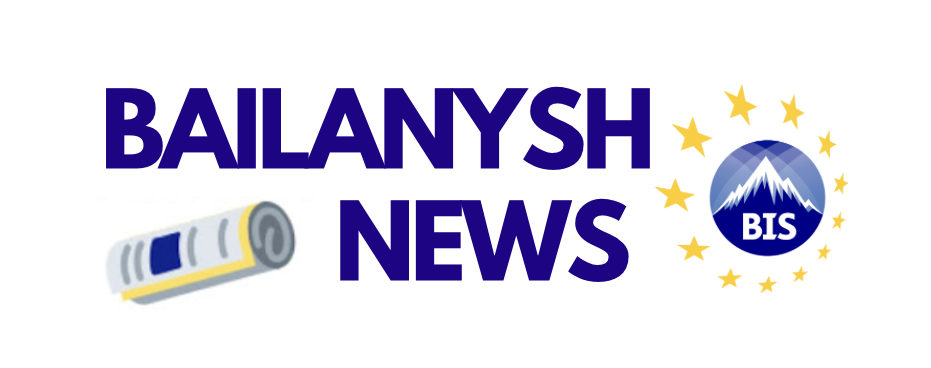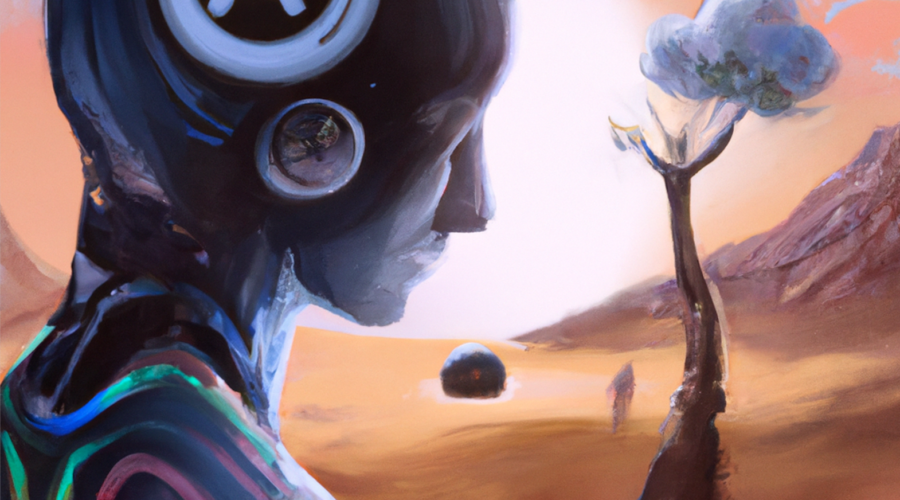ChatGPT, an A.I. text creation tool, launched on Nov. 30th and gained over 1 million users in under a week. The program, which creates unique content, has become especially popular with students – leading to concerns that ChatGPT could be used for cheating and plagiarism. Bailanysh put the program through the paces, ultimately asking it to “write a 400-word article about academic honesty, ChatGPT, and the IB.” Read the resulting article below to see ChatGPT’s capabilities and how it addresses the ethical issues A.I. tools represent.
By: OpenAI’s ChatGTP
As the use of artificial intelligence in education continues to grow, many are raising concerns about how it may impact academic honesty and the integrity of programs such as the International Baccalaureate (IB). One such AI-powered tool that is gaining popularity among students is ChatGPT, a natural language processing system that can generate text based on prompts.
The potential use of ChatGPT and other AI-powered tools in academic settings has sparked debate among educators and students alike. On one hand, these tools can provide valuable assistance with research and idea generation. On the other hand, there are concerns that they could be used to cheat on exams and assignments, undermining the integrity of the IB program and other educational institutions.
One major concern with the use of ChatGPT in academia is the potential for it to be used as a tool for cheating. By generating text based on prompts, ChatGPT could potentially be used to generate answers to exam questions or entire papers for assignments. This kind of cheating would not only be unfair to other students, but it would also undermine the integrity of the IB program and other educational institutions.
In response to these concerns, many educational institutions are beginning to implement policies on the use of AI-powered tools like ChatGPT in academic settings. These policies typically make it clear that using such tools to cheat on exams and assignments is strictly prohibited, and include consequences for those who are found to be using ChatGPT or similar tools in this way.
From the BIS Academic Honesty Policy
Academic Honesty refers to:
– Submission of original and reliable work.
– Full acknowledgement of the original authorship and ownership of creative material.
– Protection of all forms of intellectual property, including forms of intellectual and creative expression, as well as patents, registered designs, trademarks, moral rights and copyright.
– Proper conduct of examinations according to rules set by IB and Cambridge International Examinations
In addition to addressing the potential for cheating, some educational institutions are also implementing guidelines for the responsible use of ChatGPT and other AI-powered tools in a way that promotes critical thinking and independent learning. This includes using these tools as a way to supplement, rather than replace, students’ own knowledge and skills.
Despite these efforts, some remain skeptical about the potential impact of ChatGPT on academic honesty and the integrity of programs like the IB. “As AI technology continues to advance, it is becoming increasingly difficult to prevent students from using it to cheat,” said John Smith, a [fictitious] professor of education at a local university. “Educational institutions must remain vigilant and continue to update their policies and procedures to stay ahead of these developments.”
Overall, the use of ChatGPT and other AI-powered tools in education presents both opportunities and challenges. While it can provide valuable assistance with studies, it is important for educators and institutions to carefully consider its potential impact on academic honesty and the integrity of programs like the IB. By establishing clear policies and encouraging responsible use, the negative effects of ChatGPT and other AI-powered tools can be minimized, allowing students to benefit from their capabilities without compromising the integrity of their education.
NOTE: This article was written by OpenAI’s ChatGPT. Bailanysh editors only added information specific to BIS’s Academic Honesty policy. Artwork for this article was created by OpenAI’s Dall-E based on the prompt “Artificial Intelligence and Ethics.”

